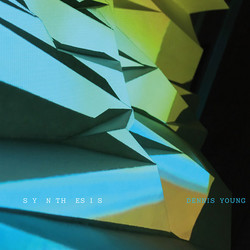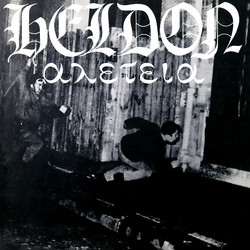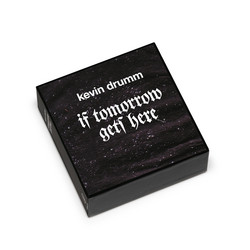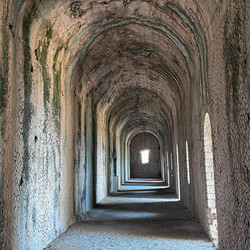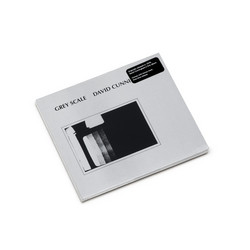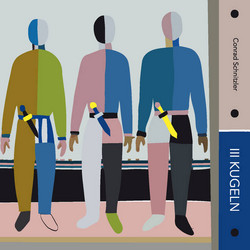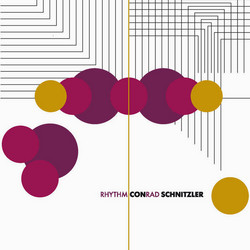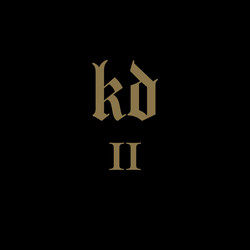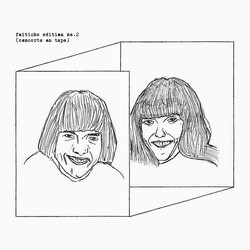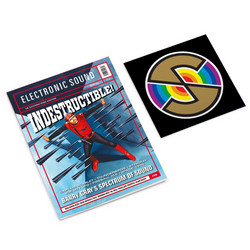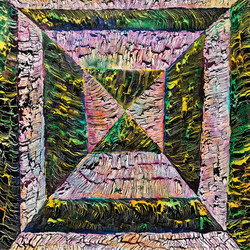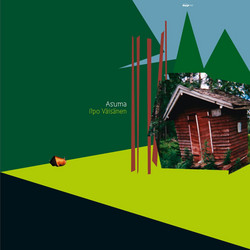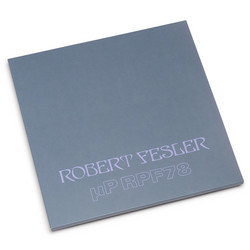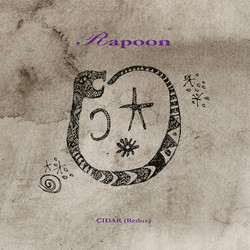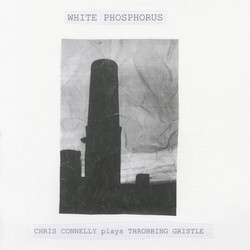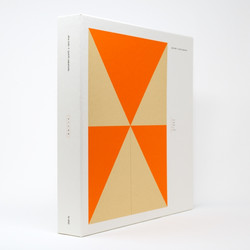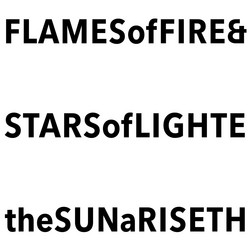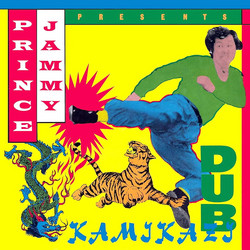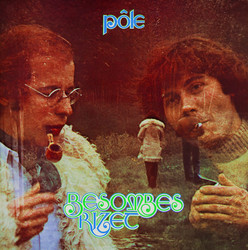"As a member of 70’s proggers Heldon, Georges Grünblatt made the unusual journey from psych rocker to full time psychiatrist. But not before his one and only 1980 album K-Priss bombed commercially. The solo offering was recorded in the autumn of 1977 for Polydor with his Heldon contemporaries; the influential guitarist Richard Pinhas, Francois Auger, Didier Batard and others, while Jean-Louis Rizet, one half of the one-off prog collaborative Besombes and Rizet who put out the spacey masterpiece Pôle in 1975, engineered the project. While there’s a sci-fi theme to the record - check out the blaster on the cover - the album, for whatever reason, didn’t come out in the year it was recorded, the year of Star Wars and Close Encounters of the Third Kind, but instead trickled out post-zeitgeist in 1980. That probably would have been the end of it had cult French label Gonzaï not found it, dusted it off and sent it back out into the world again. It’ll be a while before Gonzaï is mentioned in the same breathe as Lights in the Attic or Soul Jazz Records, but nevertheless it’s holding its Parisienne end up by locating arcane and long out of print curios and bringing them to a new discerning audience. In the last couple of years, the 10th arrondissement-based imprint has brought sought after classics by Jacno and Marie et les Garçons back to life, as well as the aforementioned Pôle by Besombes/Rizet. Alongside those come new offerings from Belgium’s The Loved Drones, cantankerous disco dad Bernard Grancher and the ambient analogue noodlings of Amore Synthétique by Blackmail, which came out the same day as K-Priss. A much-loved magazine first, Gonzaï’s 19 records to date have been eclectic, eccentric and invariably electric. No.20 will no doubt be an event, as all the others have thus far. 1977 was the year punk broke into the mainstream, though there’s no trace of it on these five extended tracks. On opener ‘Variana’, Grünblatt approaches the boundaries of taste and urinates all over them - but again, not in a punk way. The backing track chunters along, the guitars are vertiginous, ostentatious, fromage-y, the piano tinkles around the fringes like an ornate freeze. ‘Vent D’Ether’, featuring Patrick Gauthier on minimoog, takes things into a far more ambient space, somewhere in outer space in fact, before Auger augments the track with the batteries and Batard’s bass goes into peripatetic overdrive. It’s a delicious slab of space jazz that builds and builds and gets more and more preposterous with each bar, especially when Michel Ettori’s guitar histrionics enter the fray. ‘Wobberlee Walk’ on Face B features some smooth sax from Grünblatt set over a military beat from one F. Bresnard, who is apparently on connexions synaptiques too according to the sleeve. With added moogs, clavinova and pipes, it has a delightful ‘Ladytron’ vibe and the denouement, and like that track famously performed on The Old Grey Whistle Test by Roxy Music, it also features plenty of space static. ‘Loopie de Loop’ is a full on funk expedition which includes some slap from the Batard, while closing number ‘Far Out’ is a suitably ambient, sci-fi odyssey to take us into the abyss. Grünblatt cut his own musical adventures short, and instead of making more head music, he pursued his other passion and became a renowned headshrinker instead. There’s no shame in bowing out after one terrific album - whether it was successful at the time or not. If only more musicians would get the hint. K-Priss is worthy of it’s re-pressing, and to Grünblatt himself, it must all feel like recovering a repressed memory." (The Quietus)

